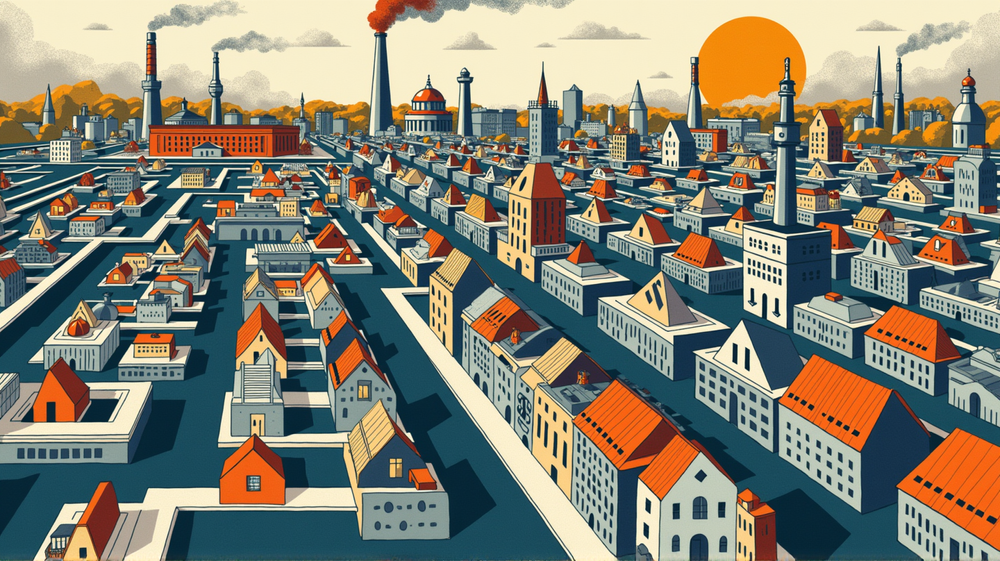Why Industrial Policy May Spell Economic Disaster
Decades of both Democrat and Republican interventions in American industry have showcased a fundamental flaw in industrial policy. From former President Joe Biden’s generous subsidies and loans to President Donald Trump’s tariff impositions, attempts at reviving American manufacturing have not just fallen short—they have misconstrued economic fundamentals.
The Era of Industrial Revival Dreams
Both sides of the political aisle have long desired an industrial rebirth, yet this dream appears to be rooted more in fantasy than in feasibility. Advocates such as economist Mariana Mazzucato have championed a “smart, capable” state to direct investments toward strategic sectors, envisioning a state-run economic renaissance that aligns with the aspirations of industrial policy.
Challenges of Politicized Economic Interventions
While the allure of industrial policy lies in its potential to revitalize manufacturing and strengthen economic output, it runs a gauntlet of political pitfalls. Policies like tariffs and subsidies create a hotbed for lobbying, where strategic economic initiatives quickly transform into political favors. The administration of these policies frequently introduces mandates and conditions that stifle rather than promote growth, as seen in Biden’s and Trump’s era.
Automation: The Barrier to Manufacturing Jobs Revival
Today’s factories demand technological adeptness rather than masses of workers, making the notion of reinstating extensive manufacturing employment through government mandates an increasingly distant reality. Modern production methods are reliant on automation and global supply chains rather than protectionist measures that inflate costs and stifle competition.
Historical Lessons and the Technological Stagnation Trap
The futuristic vision of industrial policy might sound promising, but history asserts otherwise. Economists Gary Clyde Hufbauer and Euijin Jung’s analysis over five decades highlight its economic ruinousness, suggesting that true success stems from fostering open and competitive research environments. Industrial policy that hides behind protectionism often leads to stagnation, as exemplified by France’s Minitel.
Economics over Politics: A Call for Market Precision
In conclusion, if economic success is skewed by the clumsy hand of government favoritism, perhaps we ought to rely on the invisible hand of market forces. A politically free economic landscape depicted by uninhibited competition and innovation provides the clearest path to prosperity. According to Lawrence Journal-World, recognizing and addressing the inherent shortcomings of industrial policy are the first steps toward genuine and sustainable economic growth.




